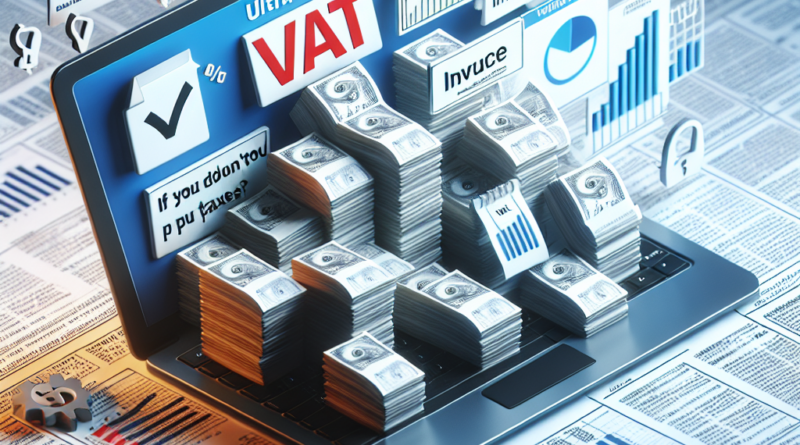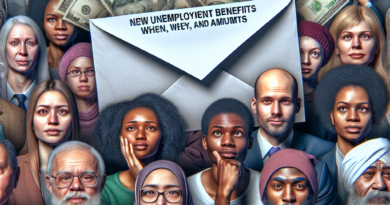Tax Evasion: Does Not Invoicing Equate to Dodging Taxes?
What happens if a self-employed worker does not invoice?
One of the biggest worries for those who are about to open a VAT number is related to the financial commitments with the Tax Office and social security.
When starting a professional or self-employment activity, it is impossible to predict how much and how one will invoice.
It must be taken into account that there will be good periods, very good ones, but also periods in which one will invoice less (or even nothing).
In addition to choosing the tax regime to apply to one’s VAT number (which can be ordinary or flat-rate), it is also necessary to register with the social security system.
In the case of professionals with a specific social security fund, registration with that fund is mandatory; if there is no professional fund, registration with the Separate Management of the National Social Security Institute (Inps) is required.
A separate chapter should be dedicated to artisans and traders, not only for registering with their own social security fund but also because they represent an exception in the payment of contributions (but not taxes).
VAT number, what happens if no invoices are issued?
Even though, obviously, when one decides to open a VAT number, they expect to invoice, it may happen that the prediction was wrong and despite starting the activity, no invoices are issued.
What happens in this case? Do taxes still need to be paid? And contributions?
A VAT number with zero income in a tax year does not have any consequences: taxes are only paid on fees or revenues.
If there are no revenues in a tax year and no invoices are issued, there are no taxes to be paid.
However, it should be considered that the fixed costs of the activity must be covered even if no invoices are issued (such as registration with a professional register or the fee of the accountant who maintains the accounts, for example).
It is important to note that even in the absence of income and invoicing, the annual tax return must be filed indicating “zero” in the taxable income (in the box related to the sums received during the tax period).
In most cases, contributions must still be paid, at the percentage established by one’s social security fund, as a percentage of the income generated.
If there is no income, therefore, no contributions will be paid.
However, there is an exception to this statement represented by artisans and traders.
Artisans and traders, they pay even if they do not invoice
Although artisans and traders, in the absence of invoicing, are not required to pay taxes, they have the obligation to make contributory payments regardless of the turnover.
These categories of self-employed workers, regardless of earnings, must pay annual contributions of approximately 4,300 euros.
For those who adhere to the flat-rate regime, however, they can request a reduction in contribution payments.
The discount is 35%, but it should be noted that by paying this amount, they do not achieve full coverage of the entire year with contributions.
How many contributions are paid?
Having explained the exception represented by artisans and traders, those who practice a liberal profession having a professional fund, for the payments must follow the rules established by it.
For example, doctors pay fixed contributions based on their social security fund.
For liberal professionals without a fund, who pay their contributions to the Separate Management of the National Social Security Institute (Inps), the contributions to be paid amount to approximately 26% of gross revenue: however, in the absence of revenue, no contributions are due for the year in question.




